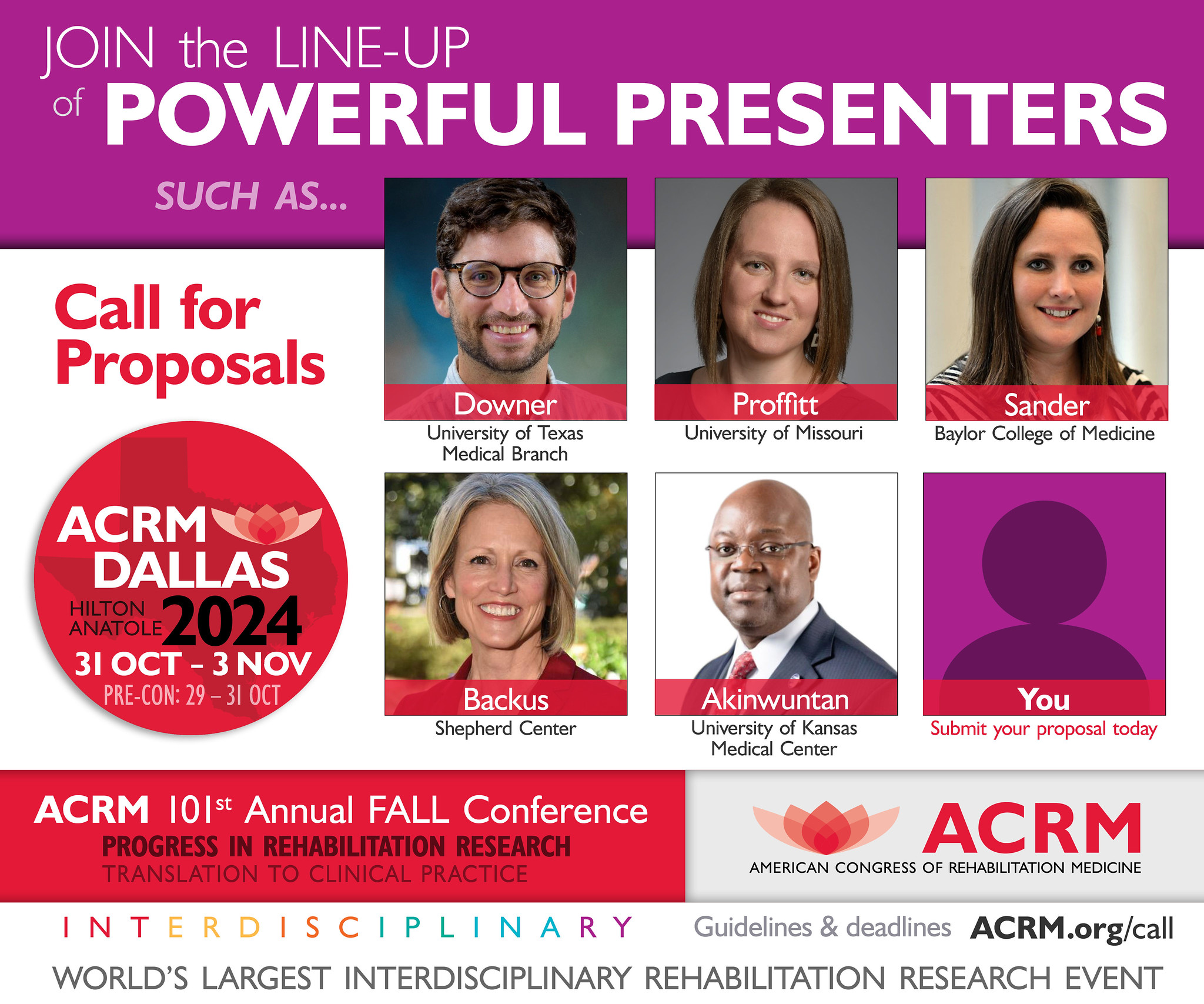TUE 1 NOV // 1:30 PM – 5:30 PM
Primary Content Focus: Stroke
Secondary Content Focus: Technology (e.g. prosthetics/orthotics, robotics, assistive technology), Neuroplasticity (includes neuroscience)
We will introduce paired associative stimulation (PAS), in which brain-computer interface (BCI) systems monitor patients’ motor imagery. These real-time measures of motor imagery are used to “close the loop” in common physiotherapy paradigms by controlling system feedback. Attendees will see (or participate in) hands-on demonstrations with a new BCI system for this goal.
LEARNING OBJECTIVES
- The learner will understand concepts in PAS, FES, and BCIs based on motor imagery
- The learner will see examples of different patients’ results from using PAS in different labs
- The learner will see or experience a BCI-based PAS system, gaining direct exposure to the practical issues and challenges
KEY WORDS
- stroke
- electroencephalography
- brain-computer interfaces
- neurological rehabilitation
FACULTY
Brendan Allison
Senior Scientist, Guger Technologies OG
Dr. Allison is very well-known in brain-computer interface (BCI) research. He has extensive publications, and edits the annual book series for the BCI Research Award. He is an officer in the BCI Society and editor of the BCI Journal. While his early work aimed to help patients with locked-in syndrome (LIS), he has recently been involved in new work to extend BCI technology to help persons with stroke and disorders of consciousness (DOC). He is currently a Senior Scientist with Guger Technologies, where he conducts research with several hospital partners in the EU and US using the mindBEAGLE and RecoveriX BCI systems.
Vivek Prabhakaran, MD
Professor, University of Wisconsin
Dr. Prabhakaran received his MD/PhD from Stanford Medical School in 2001, then completed a combined residency-fellowship program in Neurology, Radiology, and Neuroradiology at Johns Hopkins Hospital with board certifications in both Radiology and Neurology. He joined the faculty of University of Wisconsin-Madison in July 2008 as an Assistant Professor in Neuroradiology and has affiliate appointments in Psychiatry, Neurology, and the Neuroscience Training Program.
Dr. Prabhakaran’s research laboratory focuses on developing fMRI and other multimodal neuroimaging methods and tools for neurotranslational research involving characterization and treatment of different brain lesions such as vascular lesions-stroke, tumors, and seizure pathology. His research accomplishments include multiple peer-reviewed journal publications including high profile seminal papers in Nature, Nature Neuroscience, Journal of Neuroscience, and Journal of Neurophysiology, and numerous presentations/symposiums at various regional, national, and international meetings which have made both an impact in the scientific as well as the public arena including coverage in NPR, BBC, CBS News, Scientific American, and other media. He has extensive publications in peer-reviewed journals.
One full day of Instructional Courses: $199 // Three full days: $399
WORLD PASS (from $599) is the best value if you attend the CORE Conference and just one instructional course.
CLICK HERE for pricing detail.
CONFERENCE HOME PAGE >>>
ALL PRE-CONFERENCE COURSES >>>
*Although significant changes are not anticipated, all schedules, sessions, and presenters posted on this website are subject to change.








